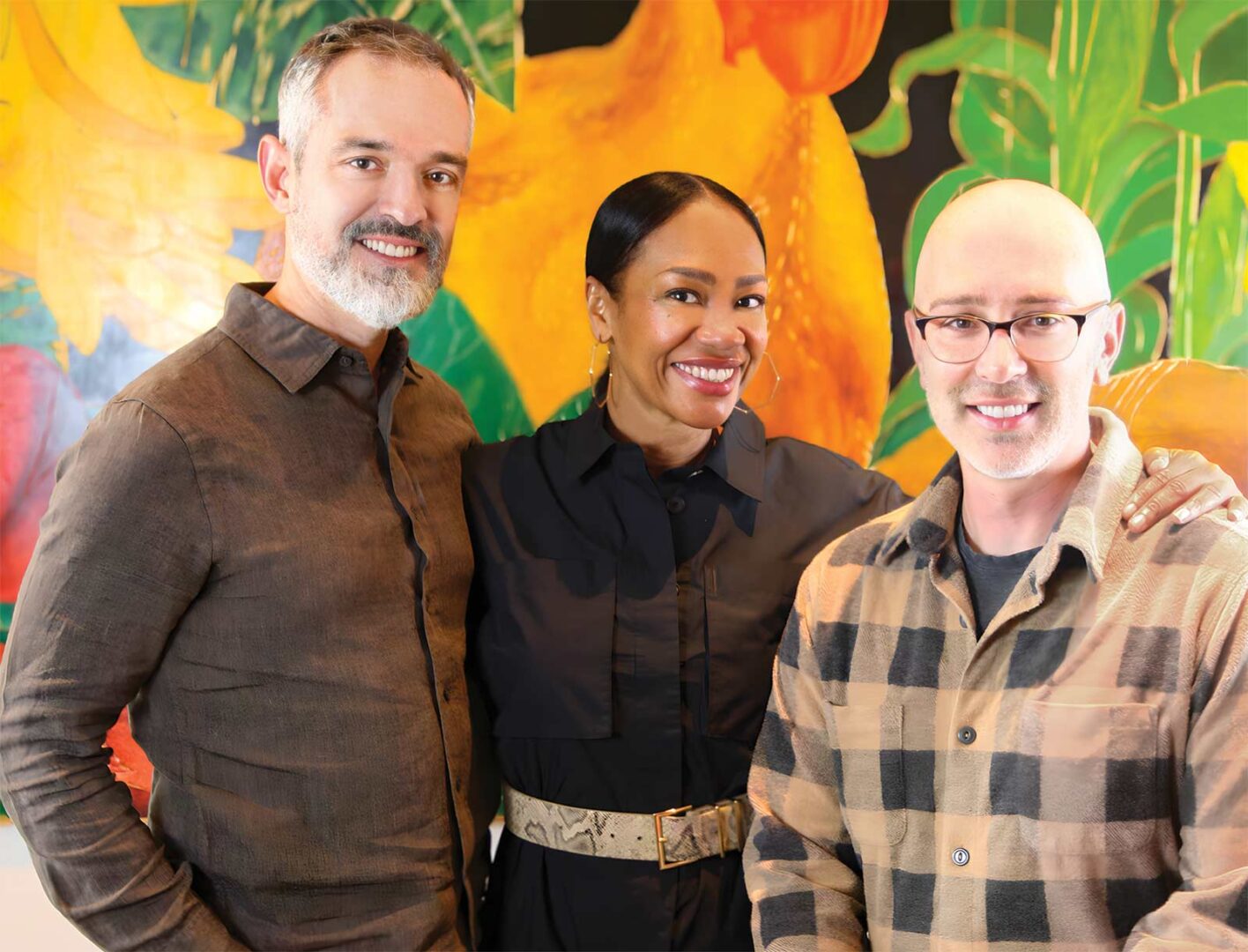Not a Dining Place, an Eating Place That Gives Quietly: Brasa

What was once a gas station in Northeast Minneapolis with a “for rent” sign plastered onto its exterior became the first location of Brasa in 2007, with three other locations to come. The second location opened after customers from St. Paul probed for a new location, ready to not have to travel “all the way over” to another city. This was a relief for chef and founder Alex Roberts, who was ready to forgo overnight shifts and grow with the community.
The two restaurateurs who double as a couple, chef-by-training Alex Roberts and retired registered nurse and entrepreneur Margo Roberts, have been married for nearly 20 years. From being parents to three children to co-owning Alma restaurant and hotel, the couple has fostered a people-centric company — one that is intentionally diverse.
Margo Roberts made a fateful phone call back in 2007, stopping on the side of the road and reaching for her phone to immediately call her husband, who told her years prior that if she ever saw a “for sale” sign, it was meant to be and to tell him “right away.”
What started as a small kitchen to cook the Creole-inspired dishes in Brasa’s first location, equipped with a singular little stove and a cook staying overnight to keep up with the volume, has evolved into four locations, including Southwest Minneapolis and Downtown Hopkins locations, serving hundreds of customers daily.
Formally trained as a chef at a French cooking school in New York City, Alex Roberts says it was during that time that he gained an interest in Creole food.
At first, his interest was centered around Louisiana Creole food. Alex Roberts’ father has roots there, which sparked his initial curiosity. He began to spend his time engulfed in library books, trying to learn more about the way the food is cooked and its flavor profiles.
Alex Roberts came to realize that Creole cooking was bigger than New Orleans or Louisiana; it was a product of a diverse blend of influences from Africa, Europe and Indigenous traditions.
“We often don’t recognize how diverse those traditions are, and to me, it’s the most American of all cuisines because it represents many, many cultures,” he says.
Brasa was also inspired by family, a place where families left nourished and parents wanted to bring their kids to, Margo Roberts says.
“Our babies grew up on Brasa cuisine; beans, rice and collard greens,” she says. “It’s a place that young and old people can thrive in, with a heavy focus on the nourishing impact it has for pregnant mamas.”
Rather than the traditional American kids’ meal of chicken tenders and fries, Brasa has what they call a “Family Feast” including a protein of choice, a salad and one quart of rice and beans, with tortilla chips and sauces — aiming to make the meal nourishing for the soul, body and family.
Alex Roberts says that when initially starting Brasa, one of their main priorities was accessibility and inclusivity, which meant setting the price points where they could serve high-quality food at an accessible cost.
“It was this idea that it could be for everybody — that when you were there, you would feel very welcome, and then it was more of an eating place than a dining place,” he says.

Dining Out For Life: The Aliveness Project
This year, Brasa is a part of Dining Out For Life Minnesota, a 24-hour dining fundraiser for HIV service organizations. On April 24, 25% of all sales across all four Brasa locations will be donated to The Aliveness Project.
Brasa Director of Operations Darrell Adams has a personal experience with Aliveness, volunteering there when he first moved to Minnesota.
“Initially, I had a naive understanding, assuming HIV was primarily an LGBTQ+ issue — I was quickly proven wrong,” Adams says. “At Aliveness, I saw people of all backgrounds — white, Black, Hispanic, Native American, gay and straight — all welcomed with dignity and all in need of the vital services they offer.”
Adams says he relies on their prevention care and has never received judgment, unlike his past experiences with other providers, where he left the appointment feeling ashamed and without care.
“That’s why places like Aliveness are life-saving,” Adams says. “They provide care without judgment, something every person deserves. If you haven’t visited yet, you absolutely should.”
Alex Roberts says it’s such a human issue that faces humanity itself, people from every walk of life and every place — going across all borders.
Adams says it was early on that he learned that much of the giving Alex Roberts does is “very quiet,” and at first, he didn’t understand why he wasn’t being more vocal about the giving Brasa was doing.
“Alex pretty simply said, it feels really good to give and not have anybody know about its integrity,” Adams says. “And you know, for the first time in my life, that kind of clicked, like quiet giving if it feels good.”
However, when it came to Dining Out For Life, the louder Brasa could be, the more donations are given to the Aliveness project, so that is why they are so vocal about this, Adams says.
“It’s simply a no-brainer to care and to think about your neighbor, whether it’s your neighbor next door or your neighbor across the world,” Adams says.
5200 Willson Road, Suite 316 • Edina, MN 55424
©2025 Lavender Media, Inc.
PICKUP AT ONE OF OUR DISTRIBUTION SITES IS LIMITED TO ONE COPY PER PERSON




